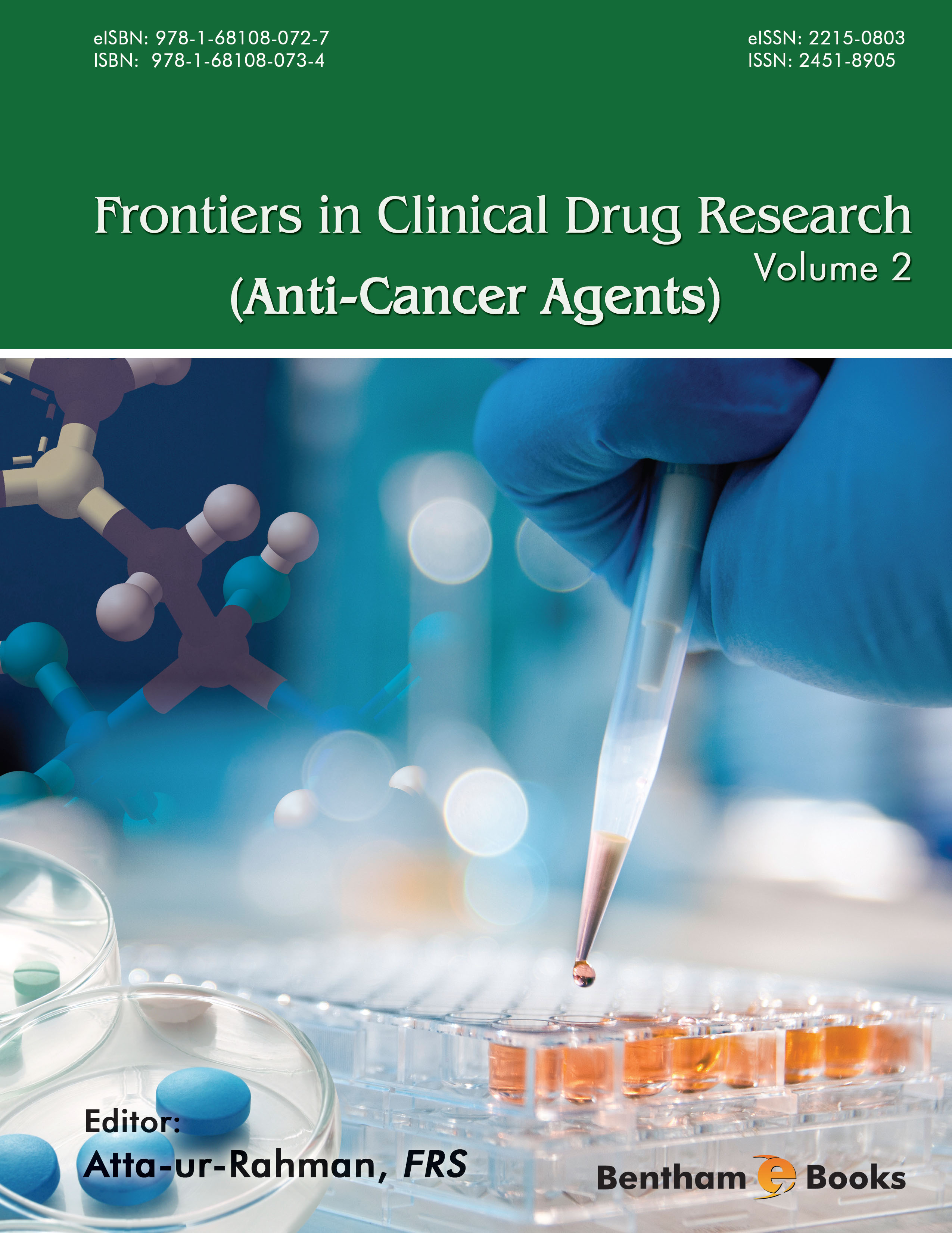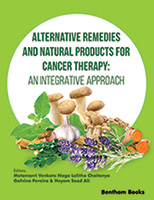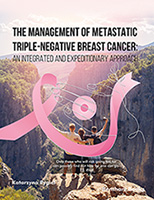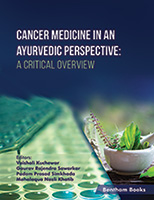The present volume of Frontiers in Clinical Drug Research - Anti-Cancer Agents presents
cutting edge reviews on developments in new and more powerful agents against cancer.
The advantages that dendrimers offer as drug carriers are associated with their unique
structure that imparts inner space and multiple terminal groups for drug encapsulation and
conjugation. Hossain Sk and Kojima discuss the use of dendrimers as drug delivery vehicles
for anticancer drugs.
Cutaneous squamous cell carcinoma (SCC) is the second most common type of nonmelanoma
skin cancer after basal cell carcinoma, and its incidence is on the rise. In Chapter 2,
Nakamura et al. highlighted the importance of cytotoxic chemotherapy, immunotherapy and
targeted therapy for advanced cutaneous squamous cell carcinoma. This review describes the
previously published clinical trials for assessing the potency and efficacy of various
approaches used for treating advanced cutaneous SCC. It provides the current evidence-based
approaches and highlights the areas for further research.
In Chapter 3, Jackson et al. discuss important developments in the field of pharmacodynamic
biomarkers that have greatly enhanced the information obtainable from clinical trials and
played a vital role in the development of pharmacokinetic/pharmacodynamic (PK-PD)
models. The literature on the use of Bayesian systems in oncology (involving prior
assumptions being made based on preclinical data and historical precedent) is reviewed. The
applications of these models to develop strategies for new drugs, and to develop personalised
medicine approaches in oncology are discussed.
In Chapter 4, Ciocca et al. discussed the molecular approaches for targeting the Heat Shock
proteins for cancer treatment. They discuss HSP90, HSP27, HSP70, and HSP60 as targets for
anticancer therapy.
A promising strategy to block inhibitors of apoptosis (IAP) proteins IAPs is with smallmolecule
IAP antagonists. A number of small molecule inhibitors have been developed that
have the potential to bring exciting new treatment options to overcome apoptotic resistance
for anticancer treatment. In chapter 5, Arnst and Li have presented the recent advances and
clinical challenges of targeting the inhibitor of proteins with some of the recently developed
small molecule IAP antagonists. They have highlighted the biological mechanisms of IAPs
and provided an update to the clinical challenges, recent advances and potential opportunities
for small-molecule IAP inhibitors.
Many substances present in fruits, vegetables and herbal essential oils have been shown to
have important antiproliferative activity, inducing cell and genomic changes favorable for
cancer prevention and therapy. In Chapter 6, da Silva and Salvadori highlight the importance
of natural products as anti-neoplastic medicines. They stress that products that have natural origin are found to be more compatible with the human body and associated with fewer side
effects.
In the final chapter contributed by Doug Dix, the chemotherapy and chemotherapeutic
paradigms are discussed in the light of modern challenges. The chapter describes the ways for
overcoming tumor defenses, preventing treatment resistance, as well as how to preserve and
enhance the host anti-cancer responses and lessen the severe side effects.
I hope that the current volume of this popular Series will provide fresh insights into
development of recent approaches to anti-cancer therapy for interested researchers and
pharmaceutical scientists. I would like to thank the editorial staff, particularly Mr. Mahmood
Alam (Director Publication) and Mr. Shehzad Naqvi (Senior Manager Publication) for their
hard work and determined efforts.
Atta-ur-Rahman, FRS
Kings College
University of Cambridge
Cambridge
UK





